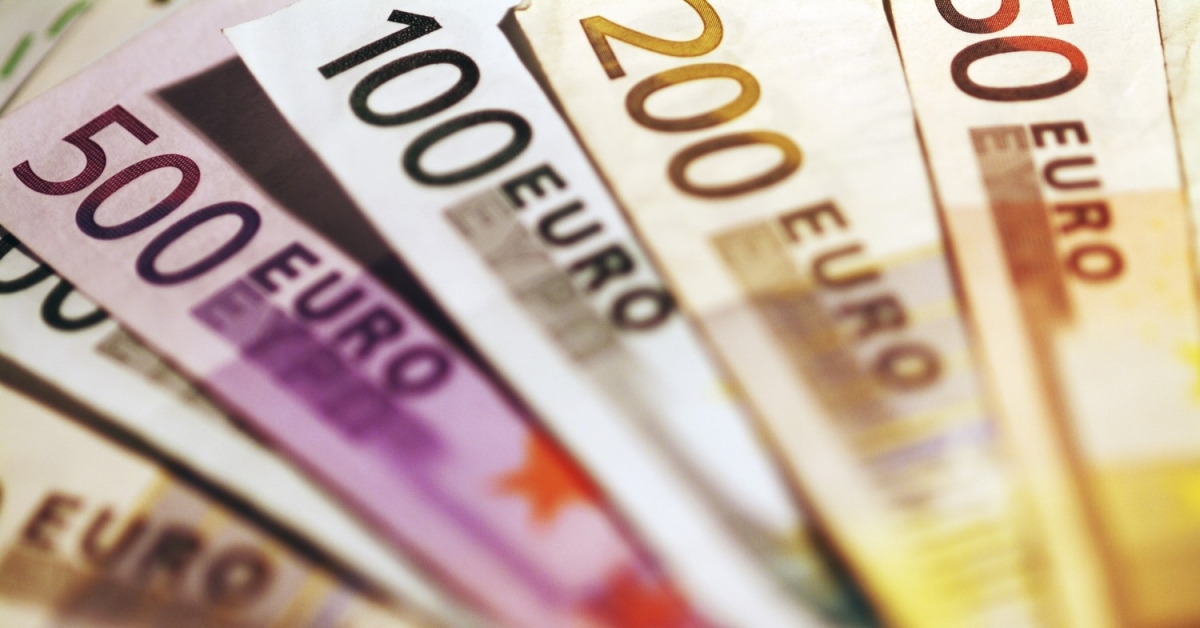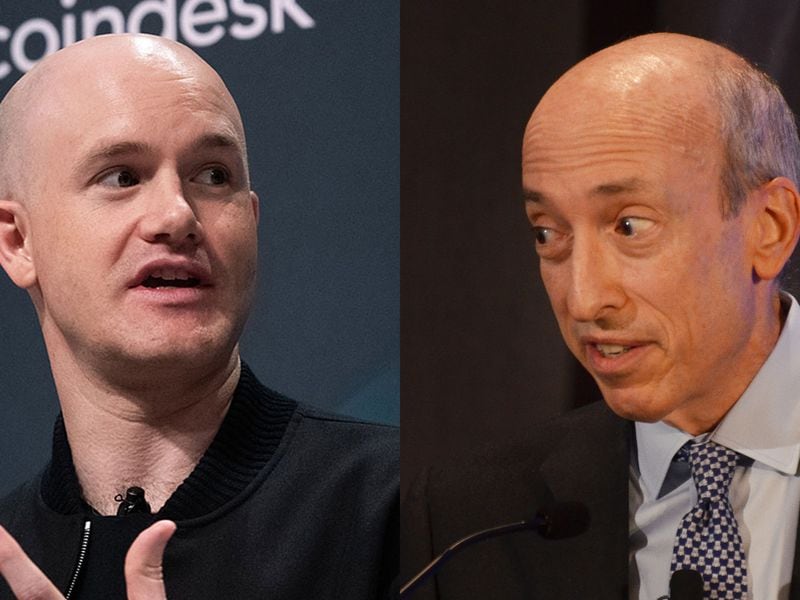DeFi Could Be Forced to Incorporate and Certify, French Central Bank Says
Featured SpeakerChristy Goldsmith Romero
CommissionerU.S. Commodity Futures Trading Commission

Explore the policy fallout from the 2022 market crash, the advance of CBDCs and more.
:format(jpg)/www.coindesk.com/resizer/VDk3MowyGg2DUxeRJFgGIHdZ6SE=/arc-photo-coindesk/arc2-prod/public/ZHFQDVVL5ZHVNGH7MTIESP35ZU.jpg)
Jack Schickler is a CoinDesk reporter focused on crypto regulations, based in Brussels, Belgium. He doesn’t own any crypto.
Featured SpeakerChristy Goldsmith Romero
CommissionerU.S. Commodity Futures Trading Commission

Explore the policy fallout from the 2022 market crash, the advance of CBDCs and more.
Projects in decentralized finance (DeFi) could be forced to incorporate, or prove that they meet governance and security norms, a report by the French central bank has said, as regulators seek to extend planned crypto laws to cover more diffuse structures.
Policymakers are increasingly turning their attention to financial services in which there is no single central intermediary, and last week the U.S. Treasury called for tougher money laundering controls, warning DeFi was being used to raise illicit funds for North Korea.
“The regulation of disintermediated finance cannot simply replicate the systems that currently govern traditional finance,” said the consultation by the ACPR, the arm of the central bank that supervises banks and insurers. The consultation is open until May 19.
As one option, “players exercising effective control over sensitive services could be required to incorporate, becoming subject to supervision,” added the paper, which also “proposes to strengthen the security of smart contracts using a certification mechanism” covering code security and governance.
New rules should also stop intermediaries selling highly leveraged products to regular retail investors, the report said, noting that DeFi often allows high-risk products to be used that, in regular finance, would be restricted to seasoned professionals.
The Legal High Committee for Financial Markets of Paris (HCJP), a grouping of regulators and lawyers, is currently pondering the legal status of the decentralized autonomous organizations (DAOs), and is due to report in the fall. That could follow in the footsteps of the Law Commission of England and Wales, which has said innovative finance could shake up centuries-old property norms.
The ACPR said it wanted to “explicitly” extend planned European Union consumer protection rules to cover DeFi. Next week lawmakers in the EU are due to vote on the Markets in Crypto Assets regulation, MiCA, which will regulate centralized players like exchanges and wallet providers.
DISCLOSURE
Please note that our
privacy policy,
terms of use,
cookies,
and
do not sell my personal information
has been updated
.
The leader in news and information on cryptocurrency, digital assets and the future of money, CoinDesk is a media outlet that strives for the highest journalistic standards and abides by a
strict set of editorial policies.
CoinDesk is an independent operating subsidiary of
Digital Currency Group,
which invests in
cryptocurrencies
and blockchain
startups.
As part of their compensation, certain CoinDesk employees, including editorial employees, may receive exposure to DCG equity in the form of
stock appreciation rights,
which vest over a multi-year period. CoinDesk journalists are not allowed to purchase stock outright in DCG
.
:format(jpg)/www.coindesk.com/resizer/VDk3MowyGg2DUxeRJFgGIHdZ6SE=/arc-photo-coindesk/arc2-prod/public/ZHFQDVVL5ZHVNGH7MTIESP35ZU.jpg)
Jack Schickler is a CoinDesk reporter focused on crypto regulations, based in Brussels, Belgium. He doesn’t own any crypto.
Learn more about Consensus 2023, CoinDesk’s longest-running and most influential event that brings together all sides of crypto, blockchain and Web3. Head to consensus.coindesk.com to register and buy your pass now.
:format(jpg)/www.coindesk.com/resizer/VDk3MowyGg2DUxeRJFgGIHdZ6SE=/arc-photo-coindesk/arc2-prod/public/ZHFQDVVL5ZHVNGH7MTIESP35ZU.jpg)
Jack Schickler is a CoinDesk reporter focused on crypto regulations, based in Brussels, Belgium. He doesn’t own any crypto.









